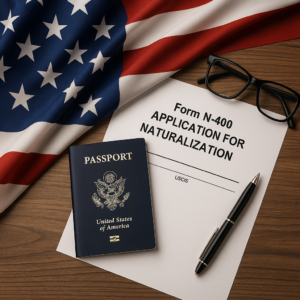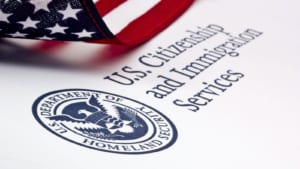On June 24, 2019, Enterline and Partners Managing Partner David Enterline, and Mr. Tham Tran, Esq., were invited to join the June Meeting of GBI – Saigon Businessmen Club.
GBI club is an organization where business owners in Ho Chi Minh City gather to share their knowledge, business opportunities, and expand their social and business network. This club has approximately 30 members in multiple industries and services.
In the social event in June, David Enterline Esq., and Mr. Tham Tran were invited to join the meeting at The Unique restaurant in District 10, Ho Chi Minh City. Along with Ms. Tham, David shared with the attendees some information about what types of visas entrepreneurs would use for doing business or immigrating to the United States. In particular, Vietnamese investors and businesspersons might start with a B-1/B-2 visa for starting a business (the B-1 is for business) or an L-1 or E-2 for staying in the U.S. to manage a business. If an investor or business person wants to do business in the U.S. and also obtain permanent residence, then several other visas may be appropriate, such as the EB-1C for multinational managers and executives and of course the EB-5 immigrant investor visa. Finally, for some individuals with extraordinary abilities and talents in business, arts, science, education, or athletics, they may qualify for the EB-1 visa, or if they have exceptional ability in the science, arts or business, they may qualify for the EB-2 visa.
If you want to learn more information about the visa for investors/businessmen or talented people, contact us at:





